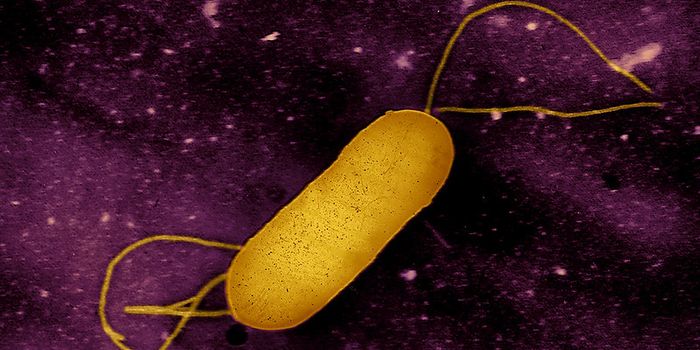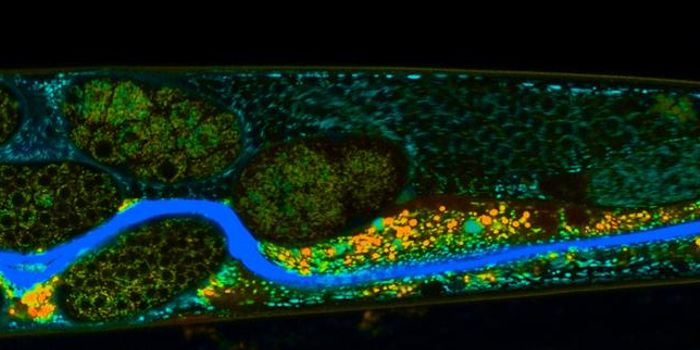Your brain's chemistry with a nondeceptive placebo
Does the placebo effect work on you? The placebo effect is the idea that your brain chemistry can be altered by the mere fact of believing, whether or not what you believe is true. So, what about taking that a step farther? What if you know that something is a placebo – can it still alter your brain chemistry and have an effect?
New research from a team of scientists at Michigan State University, University of Michigan, and Dartmouth College suggests that in fact, yes, the placebo effect can work even if you are aware that it is in play. The idea is called nondeceptive placebos and the findings from the study are published journal Nature Communications.
"Just think: What if someone took a side-effect free sugar pill twice a day after going through a short convincing video on the power of placebos and experienced reduced stress as a result?", said lead author of the study Darwin Guevarra. "These results raise that possibility."
In order to test the effect that nondeceptive placebos have on brain activity, the research team ran an experiment with two groups of people – one receiving a nondeceptive placebo treatment and one receiving a normal placebo treatment. As Eureka Alert explains, they showed the groups a series of emotional images wherein “the nondeceptive placebo group members read about placebo effects and were asked to inhale a saline solution nasal spray. They were told that the nasal spray was a placebo that contained no active ingredients but would help reduce their negative feelings if they believed it would.” Meanwhile, the normal placebo group was merely told that the spray improved the physiological readings the researchers were observing.
"Placebos are all about 'mind over matter," said co-author Jason Moser. "Nondeceptive placebos were born so that you could possibly use them in routine practice. So rather than prescribing a host of medications to help a patient, you could give them a placebo, tell them it can help them and chances are -- if they believe it can, then it will."
The findings from the experiment suggest that there are real psychobiological effects seen in people who receive a nondeceptive placebo. For example, participants who received the nondeceptive placebos reported reduced emotional distress, which was shown to be correlated with reduced electrical brain activity reflecting distress.
Sources: Nature Communications, Eureka Alert









